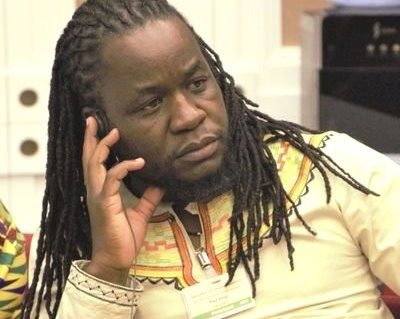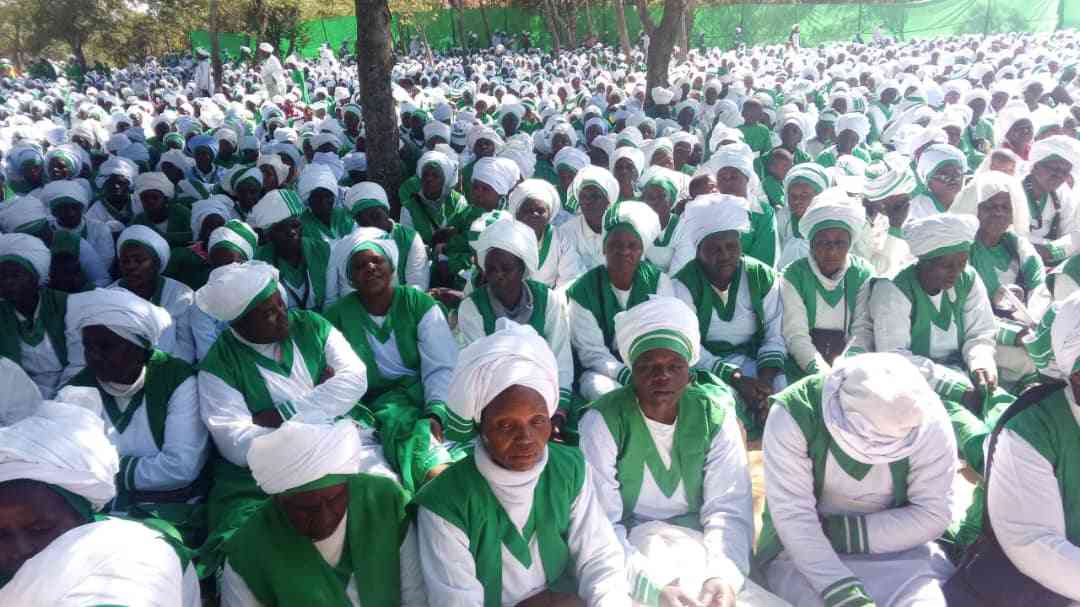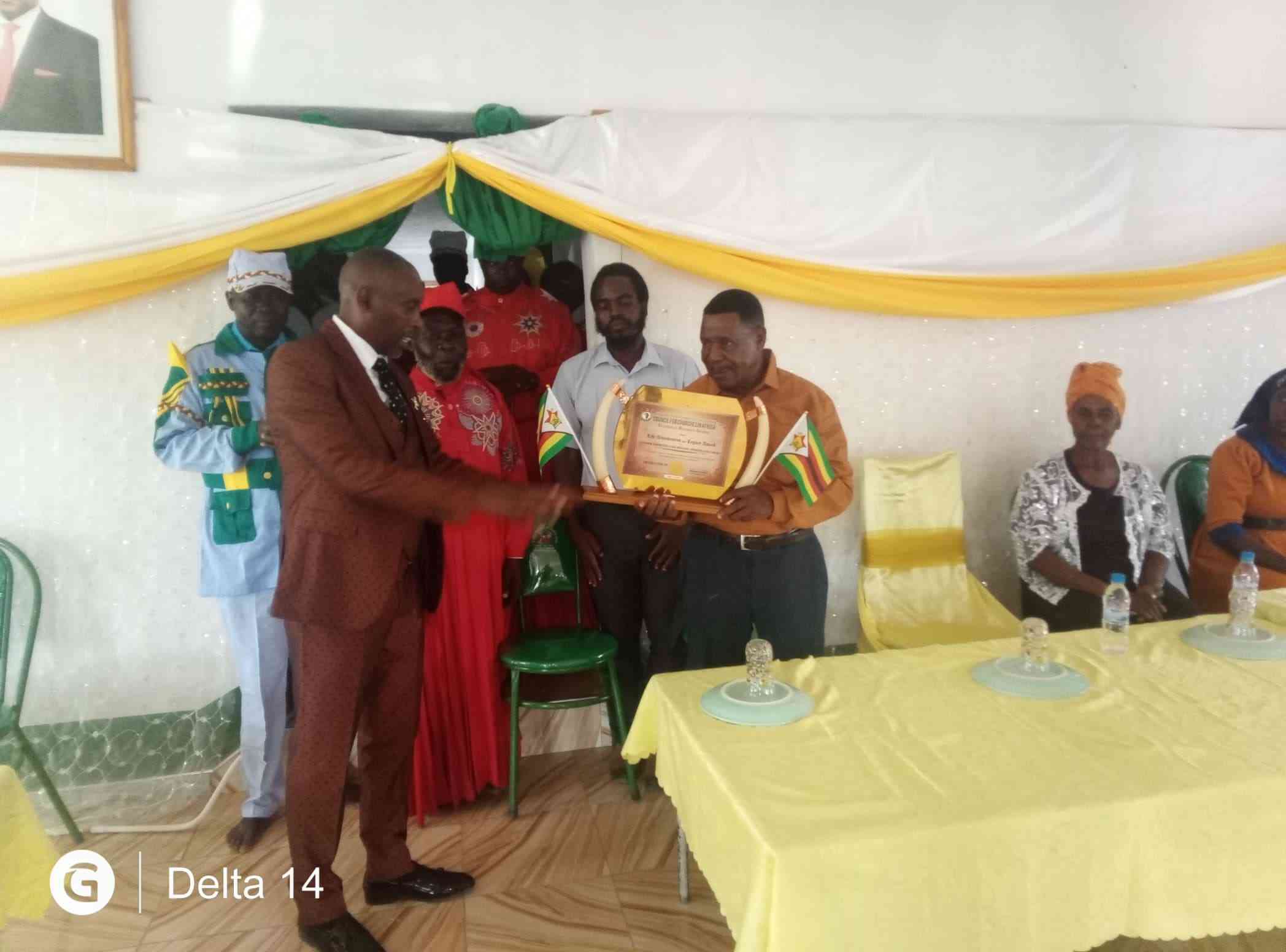
The fight for gender justice and equality has taken centre stage across the globe, Zimbabwe included. While patriarchy and other gender stereotyping have for a long time condemned women to the periphery of decision-making, it is encouraging to note that efforts are being made to empower women and ensure their meaningful participation in community as well as nation building.
Amidst all this, unpaid care and domestic work (UCDW) remains one of the most crippling hindrances to women emancipation as women’s contributions through UCDW is oftentimes disregarded and they are considered inferior to their male counterparts who are engaged in formal employment.
More importantly, the burden of UCDW cripples women’s chances towards emancipation and self actualisation as required in a gender just society.
According to UN Women, the impacts of UCDW range from education and training, labour force participation, earning, political participation, health which all border on gender stereotyping and norms that have for long gone unchallenged. This then calls for socio-economic policies that foster equal emancipation of men and women.
March was women’s month and it is imperative that development players, government, community leaders and politicians, churches as well as the general populace spare a thought for women by way of recognizing the great work that they are doing through unpaid care and domestic work. This realisation will be a befitting gateway to a sharing of the burden towards sustainable emancipation of women.
For a long time, unpaid care and domestic work has been considered a reserve for women but as research and enlightenment sets in, it is becoming more evident that it is important that there is recognition, reduction, redistribution and representation of UCDW if we are to achieve women emancipation.
In Zimbabwe, the overarching problematic narrative is the belief that women are inferior. This leads to the undervaluing of women’s work in both unpaid and paid spheres. This view is widespread from the individual to the government.
The problematic narratives that flow from the notion that women are inferior include the belief that unpaid care work is inherently a woman’s job and therefore inferior, that a man is considered weak if he helps with UCDW and the wife is ridiculed and that men are seen as breadwinners and are therefore “more deserving” of paid work
The idea that domestic duties are a woman’s job has been perpetuated throughout time and has become a cultural norm.
In Zimbabwe, when a man marries a woman, he expects her to perform all domestic duties, such as cooking, cleaning, and caring for the children.
Further, women have internalised this duty, and projects that have attempted to share the domestic workload have received pushback from both men and women.
It is, therefore, encouraging that we have organisations that are raising a generation of enlightened man who are playing their part in the redistribution of unpaid care work.
According to Padare Enkundleni Men’s Forum on Gender programmes officer Paul Vingi, it is important that men share the burden of unpaid care and domestic work with their female counterparts.
“At Padare we believe men of quality are not afraid of equality hence we have rolled out programmes that aim at enlightening men on the importance of recognizing, reducing, redistributing and representation when it comes to unpaid care work,” Vingi said.
“What we have seen is that the gender stereotyping and norms have for long worked against emancipation of women and through engaging men as partners for gender justice and equality, we are witnessing a positive shift in the narrative.”
While research has also showed that some women felt as though they were disrespecting their husbands and their culture by sharing UCDW, 59% of Zimbabwean women have stated that they would like their husbands to help with care work though they prefer to keep it within their family doors.
As the call for meaningful participation of women in decision making and politics continues, it is important that men understand the importance of recognising and redistributing UCDW.
Stories where women are abused because they are considered to be playing a lesser role in the home when they are fully engaged in UCDW should be a thing of the past.
Women that take care of the home and raise families must have the same respect as the men that are engaged in paid work in a formal set up.
No one should be left behind in the quest for a gender just society and the burden of unpaid care and domestic work must be abolished.
Key community leaders including politicians and the media must play a lead role in disparaging the long held gender stereotypes and norms that down tread the rights of women and consider their contribution as inferior.
A gender just society is good for development and the sooner we realise that the better.










